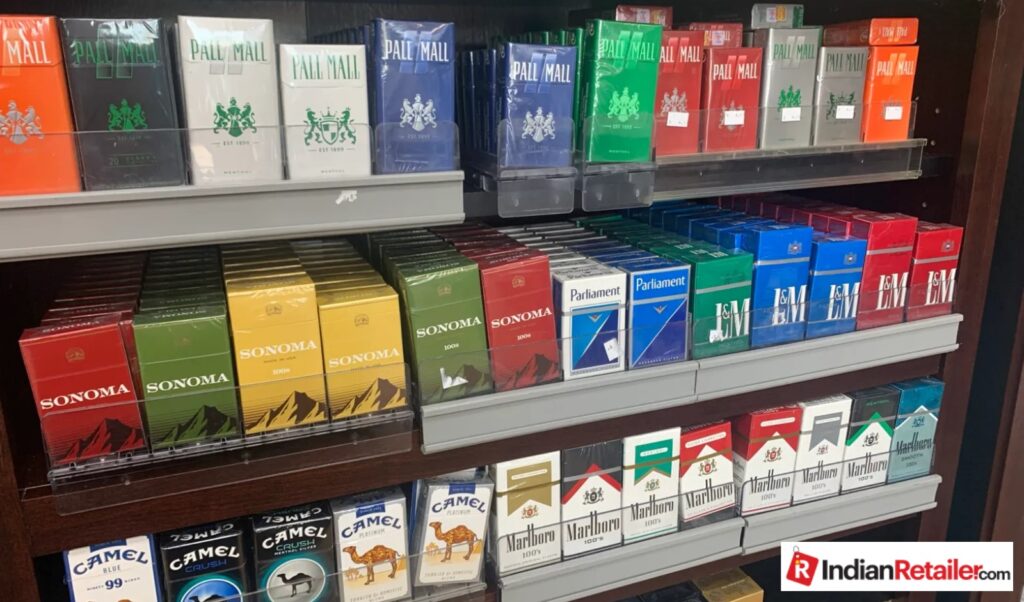Shapo Trading Ltd, a Chinese-owned company operating along Mombasa Road, has found itself at the center of a major scandal following the illegal importation of harmful cigarette brands into Kenya. The Ministry of Health, through its Tobacco Control Department, recently shut down a godown linked to Shapo Ltd after authorities discovered 1,716 cartons containing 11 different cigarette brands, none of which were registered in the Ministry’s official database.
Two Chinese nationals associated with the company have been arrested, and Shapo’s operations have been suspended. The illicit cigarettes were flagged in a joint operation involving the Ministry of Health and the Directorate of Criminal Investigations (DCI), which found that several of the brands violated the Tobacco Control Act of 2007 and its regulations from 2014. Among the 11 brands, four were entirely missing from the Ministry’s records, indicating they had bypassed the proper importation channels.
A letter from the Tobacco Control Board to Shapo Ltd’s Director, Weir Wang, dated April 3, 2025, officially revoked all clearance letters previously issued to the company, halting the distribution of their tobacco products in Kenya. Despite this, investigations by Citizen TV showed that two of the banned brands were still available for sale in local supermarkets and small retail shops, raising questions about the effectiveness of the government’s crackdown.
Cabinet Secretary for Health, Aden Duale, acknowledged the seriousness of the issue, assuring that the matter was under his review. He emphasized that the government would not tolerate substandard health products entering the Kenyan market. However, concerns remain about the Kenya Revenue Authority (KRA) and how certain cigarette brands, despite their harmful nature, managed to evade scrutiny at the borders. Intelligence reports suggest that some government officials might be involved in facilitating the smuggling and tax evasion, further complicating efforts to protect public health.
As the investigation continues, the public is left wondering how such dangerous imports could have slipped through the system, and whether those responsible will be held accountable.

